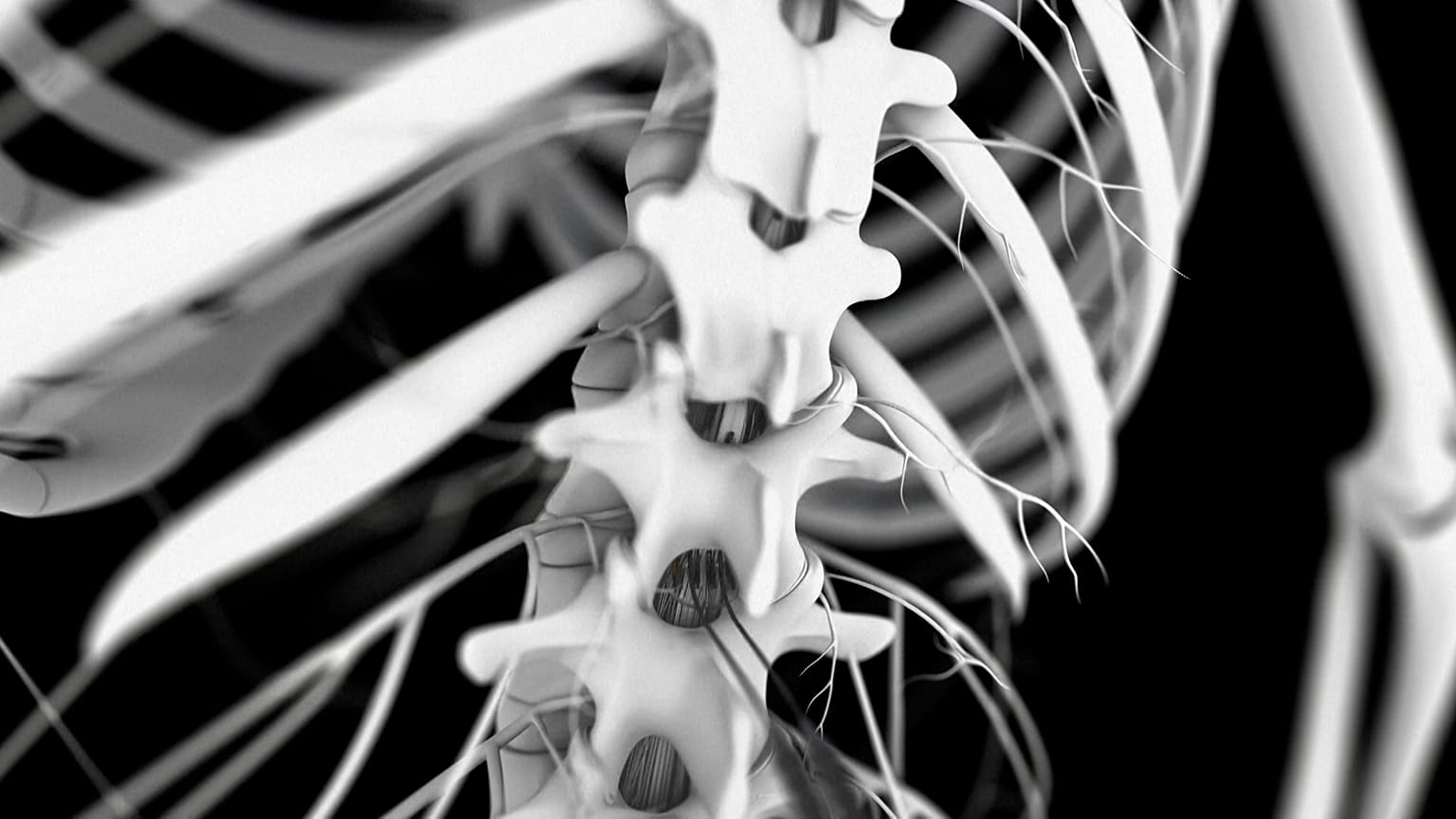The “game-changing technology” could help restore movement in people with advanced forms of the disease according to Parkinson’s researchers.
For years, Marc Gauthier from Bordeaux in the south of France has struggled with walking as a result of his Parkinson’s.
At 62 years old, Gauthier is considerably younger than most people who experience these kinds of advanced symptoms of the disease which is caused by the degeneration of nerve cells in the part of the brain which controls movement.
Now a new experimental surgery involving spinal electrodes has recently put a new spring in his step and allowed him to walk unassisted for the first time in years.
There are still many unknowns when it comes to Parkinson's disease, making treatment particularly difficult. The symptoms can seriously affect the lives of patients, sometimes confining them to a bed or wheelchair.
Like many patients, Gauthier had been treated with dopamine and deep brain stimulation to help ease symptoms of stiffness and tremors.
But this didn’t address his inability to walk and to lead an independent life.
So, when the opportunity arose to undergo the experimental surgery in Switzerland, Gauthier leapt at the chance.
"Now I can walk from one point to another without worrying about how I'm going to get there," he said.
"I can go for a walk, go out shopping by myself, I can go do whatever I want".
Implanted electrodes along the spine
For Gauthier and other Parkinson's patients, communication between the brain and the spinal cord has been impaired by the progressive disappearance of neurons that generate the neurotransmitter dopamine.
During the procedure, surgeon Jocelyne Block and neuroscientist Gregoire Courtine implanted a system of electrodes, or “neuroprosthesis,” along Gauthier’s spinal cord.
Therefore, the neuroprosthesis has to, not only send electrical stimulation to prompt walking, but also assume the role of the brain by properly timing the stimulation, so the resulting movements correspond to the patient's wishes.
The neuroprosthesis was first tested on primates, then implanted in Gauthier, who has used it for roughly eight hours a day over nearly two years.
Gauthier said he can now walk much more easily but cautioned that it still requires concentration, particularly when climbing up stairs.
Gauthier’s operation is a one-off experimental procedure, but the Swiss researchers are planning to run a trial with six more Parkinson’s patients in 2024.
Courtine says the trial next year will use a new technology developed by Onward Medical, a start-up the team has launched to look at marketing the technique.


















